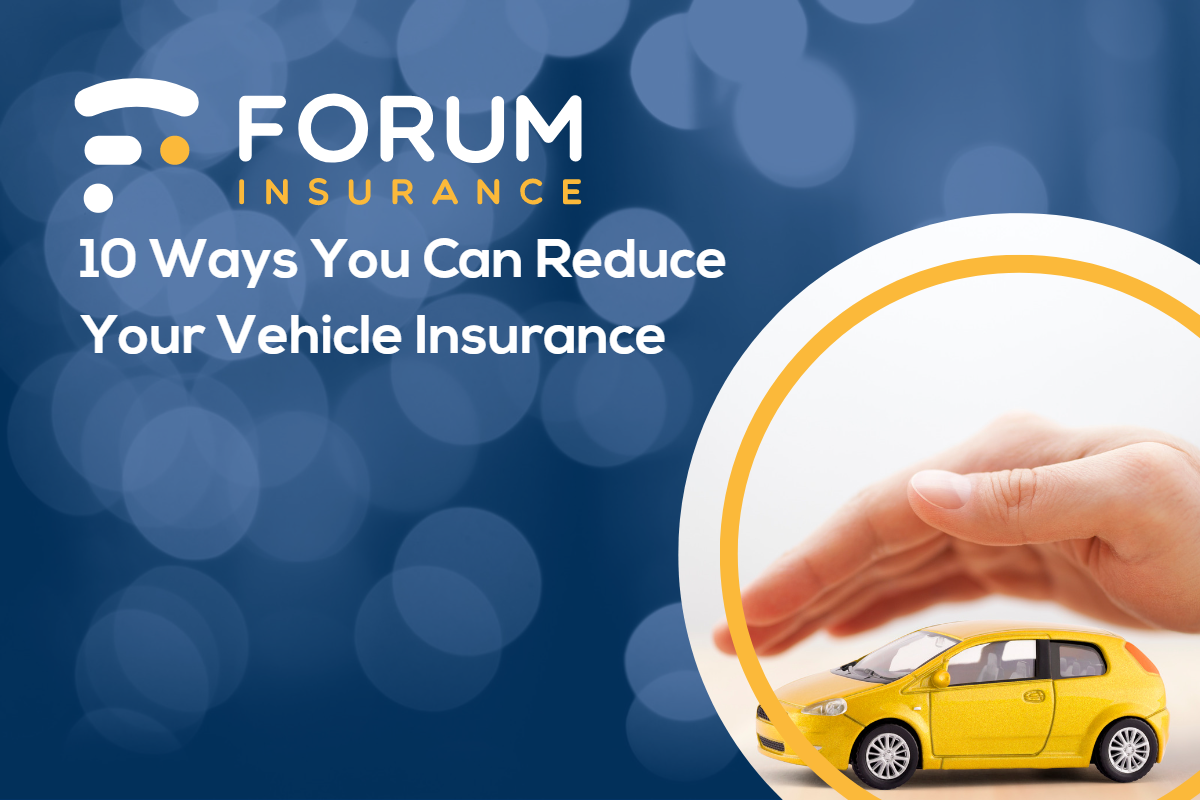The Protection Your Company Needs Now
- Our team provides custom packages with comprehensive cover at a great price
- From competitive premiums to experienced brokers, you get superior quality products and service every time.
What Exactly Is Retail & Shop Insurance?
Retail & Shop Insurance includes several different covers combined into one convenient policy with a single renewal date and one premium account. This policy type is ideal for brick-and-mortar stores who want protection against injury and damage claims relating to your physical location and products, as well as your building and its contents.
Can I Get Custom Covers?
Absolutely. Bespoke coverage is available for several different industries. Get the best quote quickly from our brokers based on your unique business, from the type of stock you carry to your store’s location.
A dedicated account manager is available to answer your questions and help you at any time. Even if you already have an insurance policy, it is best to ask an experienced insurance broker to look over it to make sure that you are fully covered against any claim relating to injury or damage. Find out if you have enough coverage.
Example of Available Covers:
- Property Damage including cover for:
- Buildings
- Contents
- Stock
- Computers and other Electronic Business Equipment
- Business Interruption including Book Debts
- Employers Liability
- Public Liability
- Products Liability
- Goods In Transit
- Specified Business Items like Laptops and Mobile Phones
- Deterioration of Stock
- Money and Assault Cover
- Personal Accident Cover
- Legal Expenses
- Cyber Liability
- Equipment Breakdown
- Employee Fidelity
- Terrorism
The Retail & Shop Insurance Cover You Need
While you cannot always stop bad situations from occurring, you can ensure that your business has the proper insurance to safeguard it from a claim that would otherwise be financially devastating. Contact our team today about finding the best comprehensive Retail & Shop Insurance policy to protect your business far into the future.
If you own and operate a shop alongside a petrol station, you might want to explore petrol station insurance.
RECENT POSTs
